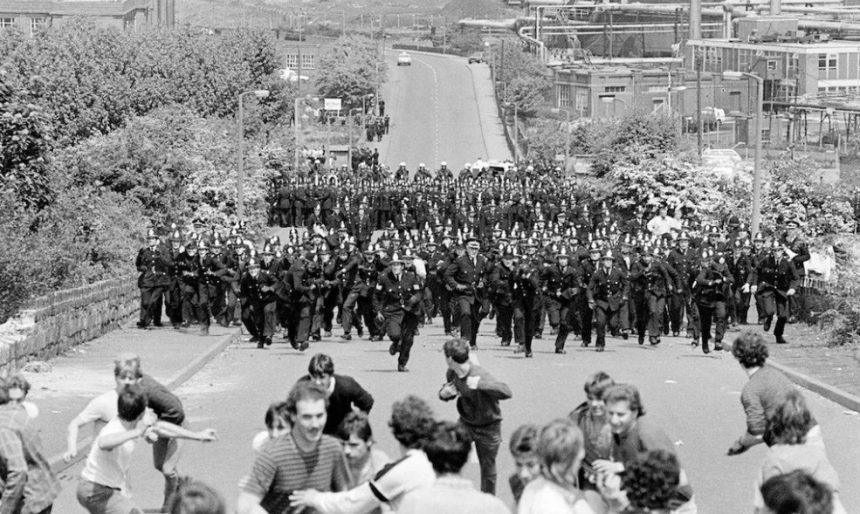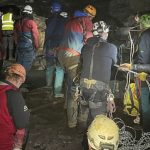Battle of Orgreave: National Inquiry Finally Confirmed After Decades of Demands
A long-awaited national inquiry into the Battle of Orgreave has finally been confirmed, marking a seismic moment in British industrial history.
The Home Secretary, Yvette Cooper, announced the move this week—ending more than four decades of anguish, suspicion, and relentless campaigning by former miners and their families.
“Those affected by the confrontation have been left with unanswered questions for over 40 years,” she stated.
The inquiry will examine not just the events of 18 June 1984 outside the Orgreave coking plant in Rotherham, but also the chaotic aftermath, including the controversial prosecution of 95 miners and allegations of falsified police evidence.
The day in question became infamous after thousands of striking miners from across the UK clashed violently with a massive police presence. Over 100 individuals, both miners and officers, sustained injuries.
The inquiry will be led by the Rt Rev Dr Pete Wilcox, Bishop of Sheffield. He acknowledged the gravity of the task ahead, saying: “I do not underestimate the weight of expectation or the significance of the task.”
He pledged to deliver a process that would be “thorough and fair.”
“I look forward to engaging with stakeholders in the coming weeks over the draft terms of reference, and to working with the government to identify experts to support me on the independent panel. I expect the panel to begin its work in the autumn,” he added.
The announcement signals a major victory for the Orgreave Truth and Justice Campaign (OTJC), which has lobbied for over a decade. “Cautiously elated,” was how OTJC member Joe Rollin described the group’s reaction. “It’s been a long slog these last 13 years and we can’t quite believe it.”
Former miner Kevin Horne, one of those arrested during the clashes, echoed the urgency of the moment. “Some of the miners attacked and arrested there are now dead and many others are old and ill,” he said.
“We need a quick and thorough inquiry with a tight timescale so surviving miners can at last obtain the truth and justice they have been waiting for.”
The 1984 incident unfolded at the height of the miners’ strike, a bitter, year-long protest sparked by the National Coal Board’s decision to shut down 20 pits, threatening over 20,000 jobs.
Orgreave became ground zero. Striking miners aimed to block coke deliveries to Scunthorpe’s steelworks, but were met with unprecedented police force. Arrests were swift and severe. However, prosecutions later collapsed amid allegations that South Yorkshire Police fabricated evidence.
Despite this, an inquiry was rejected in 2016 by then-Home Secretary Amber Rudd, who argued it was not in the public interest. That decision deepened mistrust and further galvanised the campaign for justice.
Campaigners believe this latest step represents real progress. Kate Flannery, OTJC secretary, called the announcement “really positive news”, adding: “It should be given the necessary powers to fully investigate all the aspects of the orchestrated policing at Orgreave, and have unrestricted access to all relevant information.”
NUM General Secretary Chris Kitchen welcomed the inquiry, stating: “The events at Orgreave and throughout the strike destroyed the trust between the police and mining communities even now, 41 years later.”
Rotherham MP Sarah Champion said she had stood “shoulder-to-shoulder with campaigners” for years. “They have been let down time and time again, and I am proud that our Labour government is good to its word and will finally uncover the truth,” she said.
South Yorkshire’s Mayor Oliver Coppard called it a “landmark moment for justice and accountability.” South Yorkshire Police has pledged full cooperation, stating it aims to assist those seeking long-awaited answers.
This inquiry, decades in the making, represents more than an official investigation. It’s a reckoning. For the communities still bearing scars, it is a long-overdue promise that their voices—and their pain—will finally be heard.






